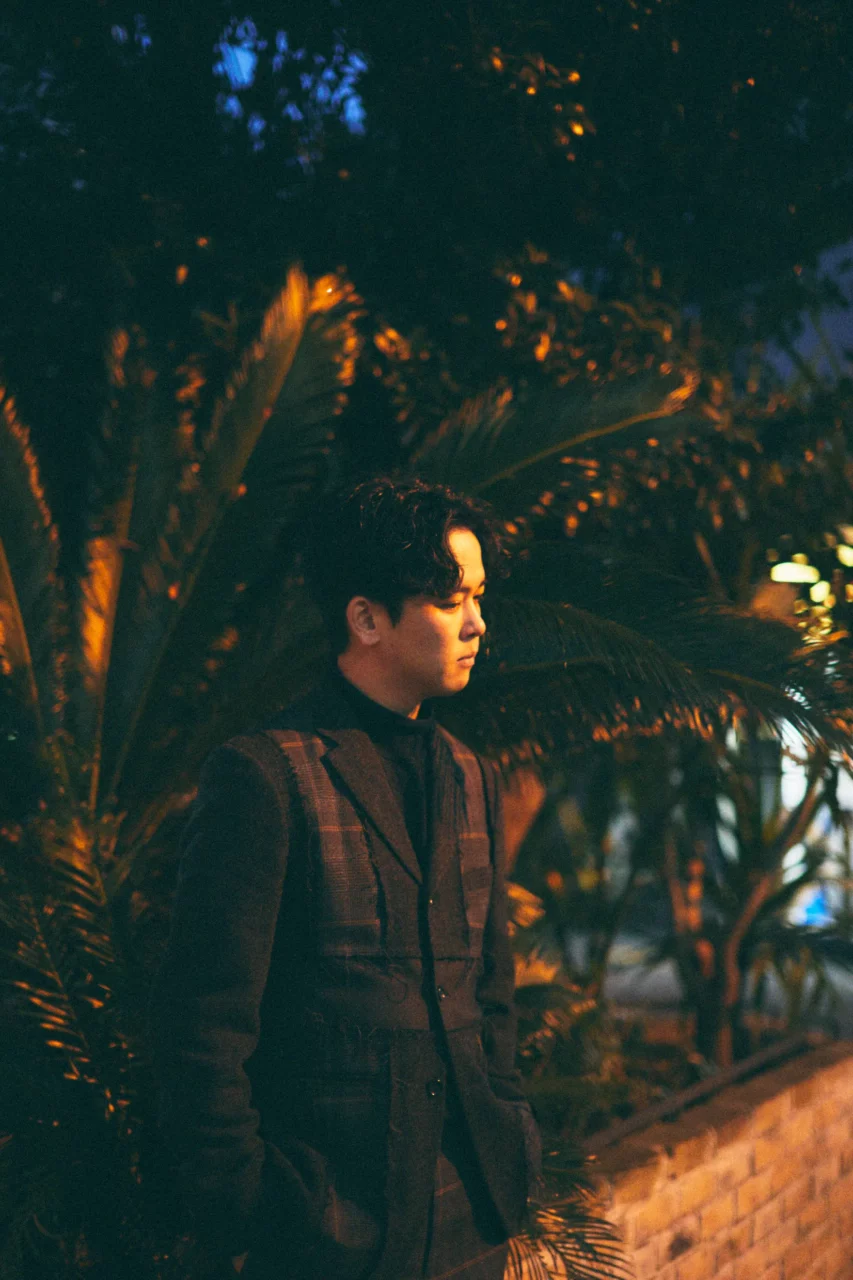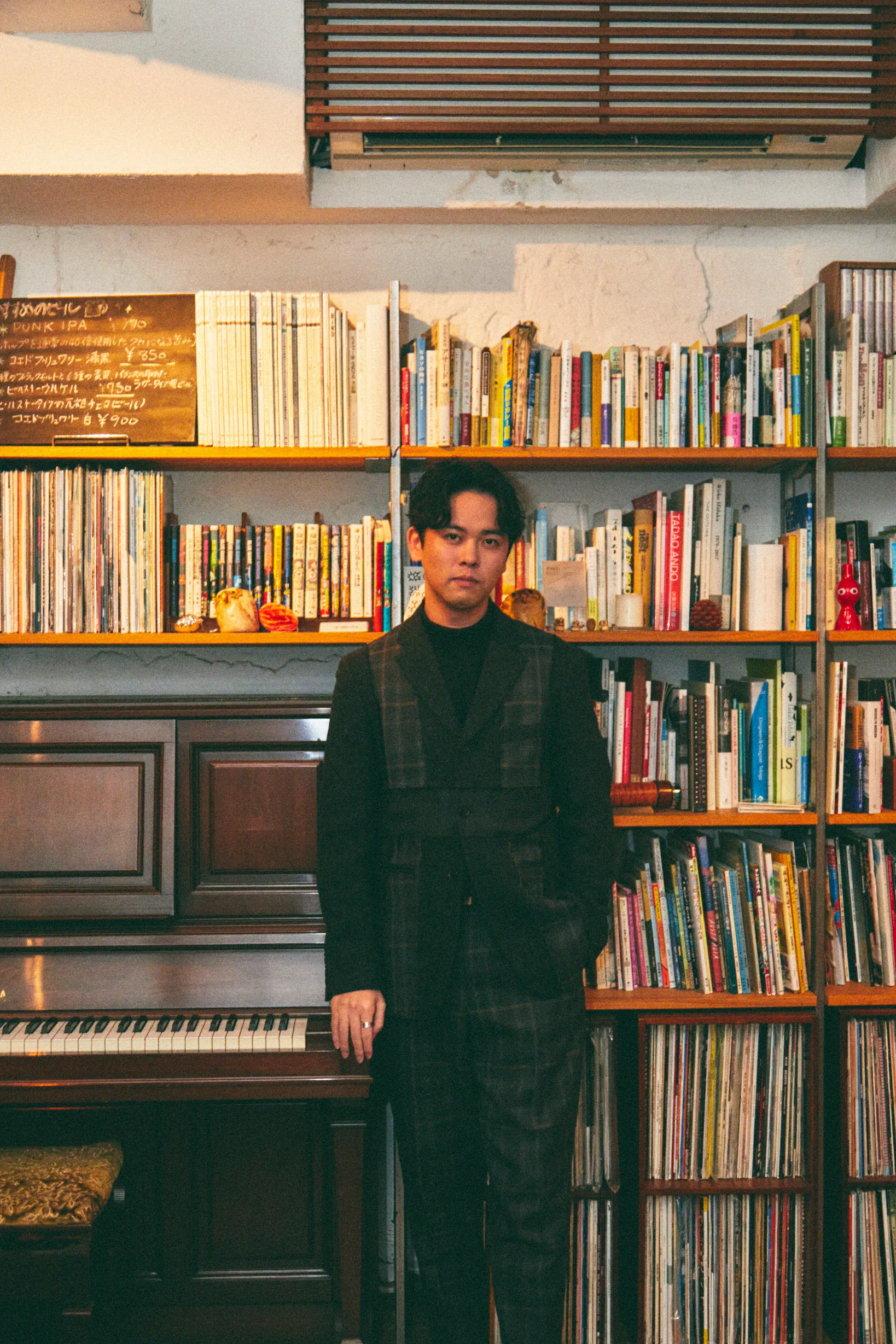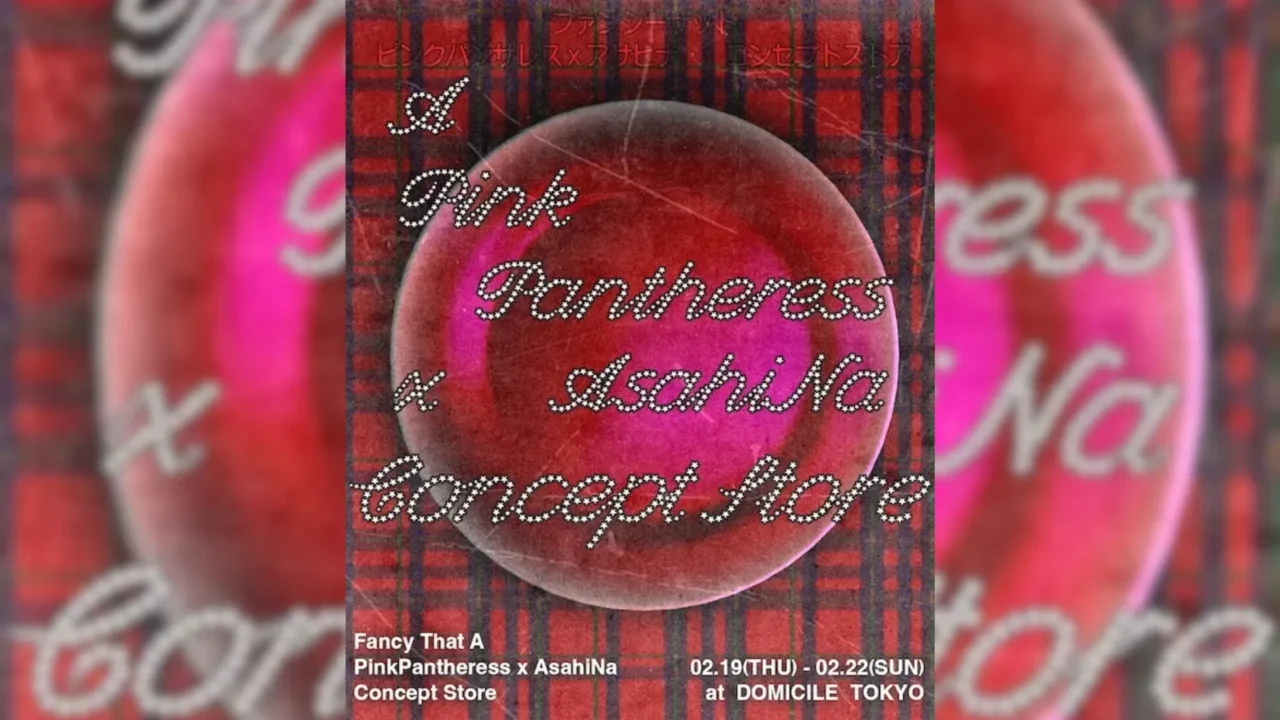INDEX
Creating Works Based on Shared Emotional Experiences
It’s a big advantage that WONK has bassist Inoue, who also has engineering skills, right?
Ezaki: I think it’s a huge strength. Inoue is also active in the gaming world, so he has knowledge of surround sound, for example. He brings that into his sound production ideas, which is something that’s hard to come by in a regular band. In fact, we had the goal of finishing this album in Dolby Atmos. I feel his presence will become even more important in the future.
I recently attended WONK’s tour, and the Tokyo performance featured a unique setup with a center-stage arrangement. It felt like listening to music in surround sound, didn’t it?
Ezaki: Exactly. I’ve been really enjoying live performances lately, but the center-stage setup felt especially fresh. Just changing the position you stand in really alters your perception, and I realized it has a big impact on the performance.
What kind of impact does that have?
Ezaki: Normally, on a regular stage, you’re more conscious of being watched, but when surrounded like that, it feels more like creating music together with the audience. It’s like boxing or sumo, where the audience is all around you during the match. I think it was a similar feeling. The energy coming from all directions was incredible.
Facing each other and playing together, like forming a circle, must have affected the performance too, right?
Ezaki: It was certainly fresh to see vocalist Nagatsuka (Kento) facing us, haha. He’s not a musician, so he hasn’t really taken a leadership role in our band performances until now. But this time, with everyone facing inwards, Nagatsuka led a part where he added beatbox elements and guided the ensemble. I think he also felt the joy of “leading the music,” and we felt like we were being pulled along by him, which felt really good. As a result, I think it positively influenced the whole band.
The solo battle between you and Arata was absolutely captivating.
Ezaki: Thank you [laughs]. It really took me back to my jazz club days. It felt like we were breaking all the rules we were supposed to follow. Honestly, I think I’d forgotten just how much fun it was to do that over the years.
The turning point was when we played a live show in Nagatsuka’s hometown of Akiruno last fall. For the first time in a while, we all played live instruments, and there was this sense of freedom, like, “Why do we even need a setlist?” (laughs). We just played what came to us, singing along and letting the performance flow naturally. Of course, we still had a setlist, but during the show, we intentionally broke things apart, and somehow everyone was able to keep up and transition into the next song smoothly. The spontaneous call-and-response was a blast, and I think that vibe from that show has carried over into our current tour.
After wrapping up the tour, how do you feel about WONK’s identity and direction at this stage?
Ezaki: Honestly, I don’t have a clear vision yet [laughs]. With this album, I feel like we’ve poured everything we’ve done up until now into it. So, if we keep producing at this pace, I think we’ll just end up repeating ourselves. Right now, I think it’s time to take a step back and focus on gathering new ideas for the next phase.

Ezaki: WONK is a band that has always valued those kinds of moments. Even before releasing our first album in 2016, we spent three years without releasing much, just focusing on making music, eating meals together, and going to concerts as a group. After spending that time together, we create music based on the emotional experiences we each brought to the table. For us, that feels like the most natural way to approach things.

























